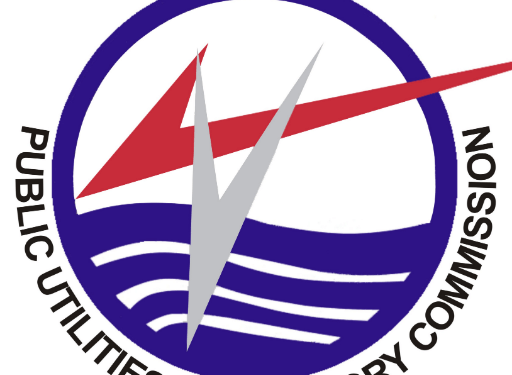CUTS Ghana, a Research and Public Policy Think Tank has petitioned The Public Utilities Regulatory Commission (PURC), to consider a reduction in electricity tariffs in Ghana.
This, according to the think tank, was necessary, considering the change in the factors that determine the cost of generation in the power sector.
Crude oil and Gas prices are falling drastically in the international markets due to the coronavirus pandemic, this the Country Director of CUTS Ghana, Appiah Kusi Adomako, is enough reason for the reduction of electricity tariffs in the country.
In an interview with an Accra-based radio station, which was monitored by the Ghana Talks Business, Mr Adomako said PURC had always based it price adjustment on changes in international oil prices.
‘About two-thirds of our energy mix comes from thermal, and thermal is powered by gas or crude oil. In the past, PURC had maintained that because of the rising price of crude, utility prices had to go up, and now that there have been a substantial fall in input materials, we equally expect that the Commission will reduce the tariff downwards to serve for the interest of consumers”, he said.
Call for electricity tariff reduction has nothing to do with Covid-19
Therefore, he adds “asking for tariff reduction is not based on the current global condition we find ourselves in with the virus, but rather the input cost and the generational materials that are used to power the power mix”.
“Last year July, when PURC approved the current tariff regime, they used 3.08 metric cubic tonnes for the weighted average of gas, and currently the price of gas is about 1.7. So, also the price of crude. When the tarrifs were reviewed, crude price was around 73 dollars or so, but now it has come down to about 20 dollars per barrel,” he added.
The Think Tank further stated that their call for a reduction in electricity tariffs is grounded in “mathematics, accounting and economics principles”. Based on this, CUTS Ghana says that PURC have no option rather than to announced a tariff reduction to reflect changes in international oil and gas prices, because they are morally bound to do so.
“The request for tariff review comes from utility providers, that is GRIDCO, ECG and NEDCo. But because this time they are making a windfall they have kept quiet. So if consumers of electricity also keep quiet, it means that the PURC on its own will not intervene”.
“I don’t think on the basis of these facts, PURC can do anything other than what we have asked because if you look at even the price of fuel that we pay at the pump it has gone down almost every week. So, PURC is not a different regulator compared to NPA and other regulators. So they are morally bound to do that,” he said.
Other calls
Since President Nana Addo Dankwa Akufo-Addo announced the waiver of water bills for the next three months, several calls have been made by both individuals and groups for the reduction in electricity tariffs. However, the Executive Director of the Institute of Energy Security, Paa Kwesi Anamuah Sakyi says this can only happen if there are enough funds to cushion the revenue shortfall
“As such a time, you only seek for relief for your citizens. Given that we are getting money from the private sector as well as the Stabilization Fund, if it is enough, then we can consider reducing the price of electricity as well to ensure that the citizens have some form of relief. We need to have this money available to fill the gap,” he said in an earlier interview.
Again, Mr Sakyi, adds that if government goes ahead to reduce electricity tariff without the needed funds being available, the power sector will suffer in future.
“So it is a good call but we should be mindful of how to fill the gap. For us at IES, the reliable consistent power supply is more key than to have a reduced price of a commodity and not making it available and so we should consider that in the equation,” he said.

.










